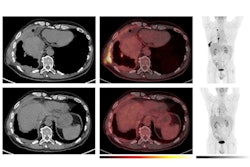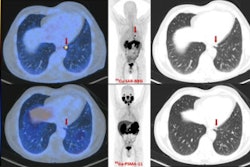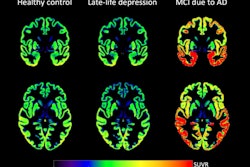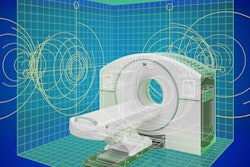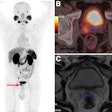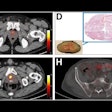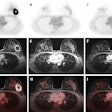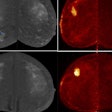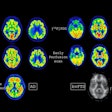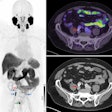Dear Molecular Imaging Insider,
Pleural mesothelioma has a dismal prognosis, with a median overall survival of about a year, and given the wide variations in disease progression and the scarcity of prognostic and predictive biomarkers, selecting the most effective therapeutic approach is difficult, according to a Norwegian-led research group.
Now PET/CT is providing a glimmer of hope in these cases. You can read more in a special feature article posted today.
In other news, an experimental PET radiotracer that targets gastrin-releasing peptide receptors on prostate cancer cells has shown promise in a phase II clinical trial. Nuclear medicine physicians tested the tracer in 25 patients and found that it detected disease recurrence in 44% of patients who were negative on prostate-specific membrane antigen PET scans.
Belgian researchers have been keeping busy too. A team from the Leuven Brain Institute has conducted a PET/MRI study that provides insights into the neurobiology of late-life depression.
Long axial field-of-view (LAFOV) PET/CT scanners offer shorter procedure times and avoid the need for sedation or general anesthesia when imaging young children with neuroblastoma, according to an investigation from Copenhagen University Hospital in Denmark. They've reported that a new LAFOV PET/CT scanner identified more lesions in patients than standard SPECT/CT, as well as avoiding the need for general anesthesia and sedation.
Meanwhile, in an analysis of treated patients with head and neck squamous cell carcinoma, integrating FDG-PET/CT helped select patients for surgery and ruled it out in a significant number of others, noted a team from the Netherlands Cancer Institute in Amsterdam.
These news items are just a sample of the material we've posted during the last few weeks in the Molecular Imaging content area. See the full list below for all our recent coverage and contact me if you have ideas for future coverage.
Philip Ward
Editor in Chief
AuntMinnieEurope.com






